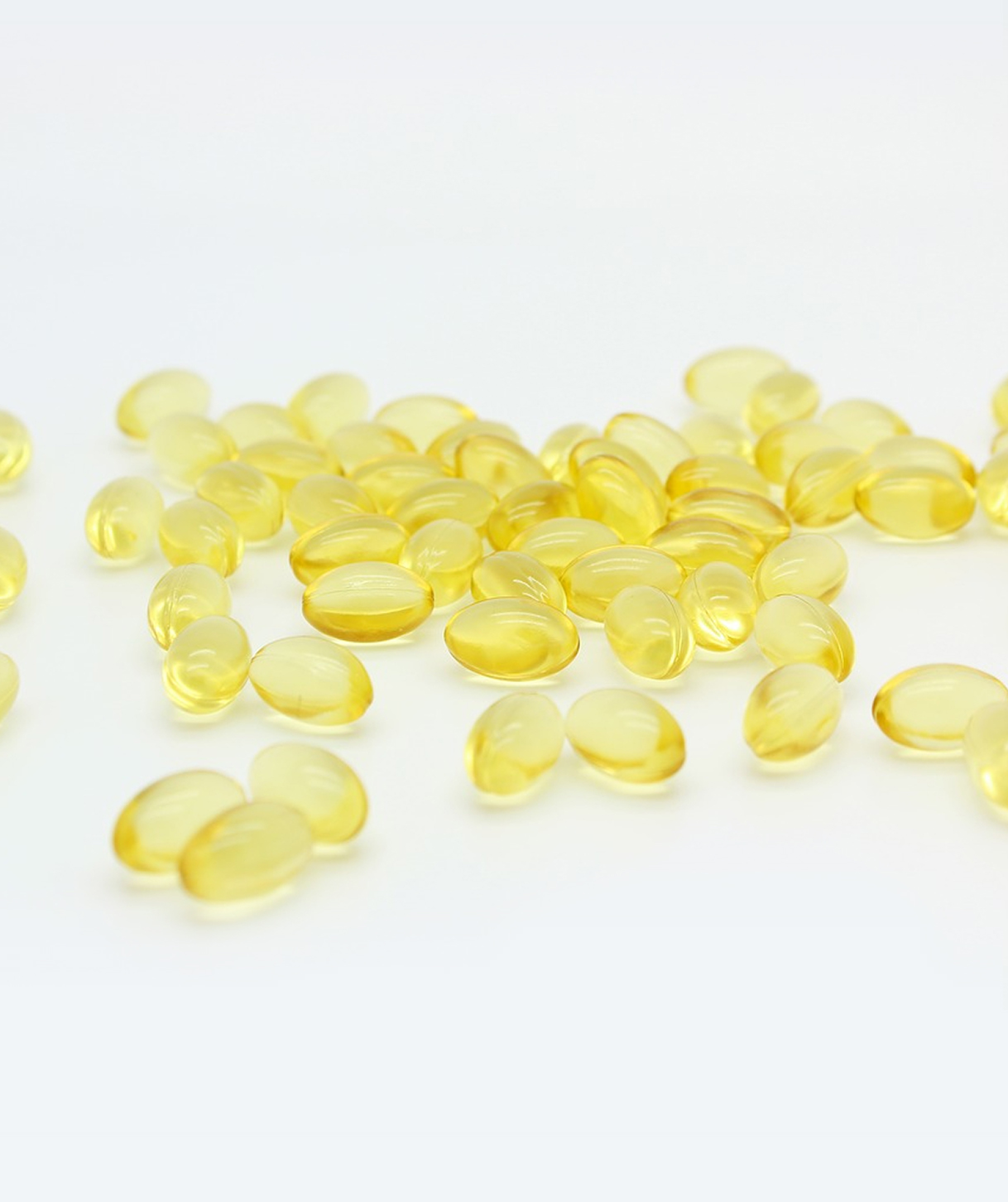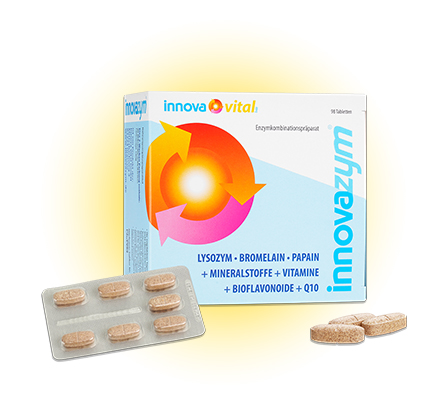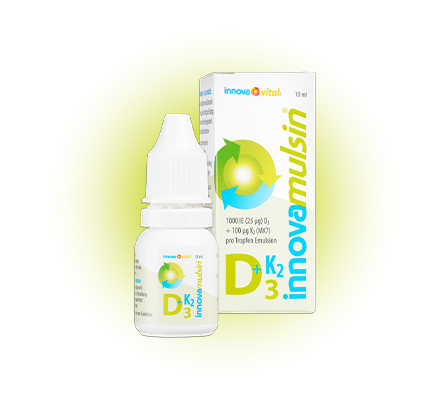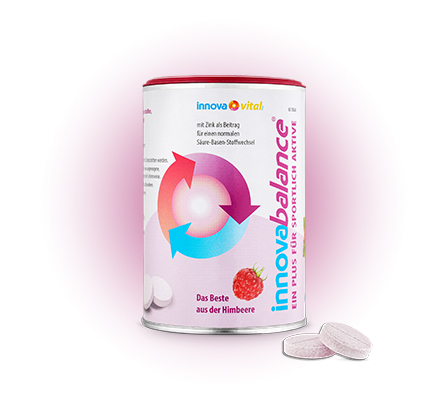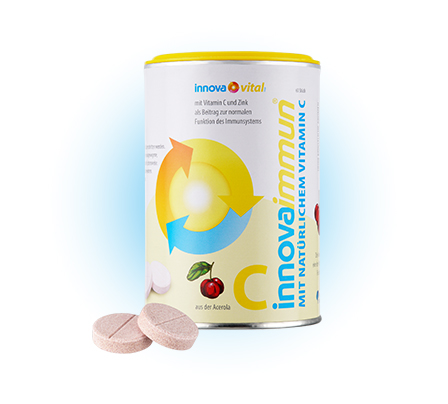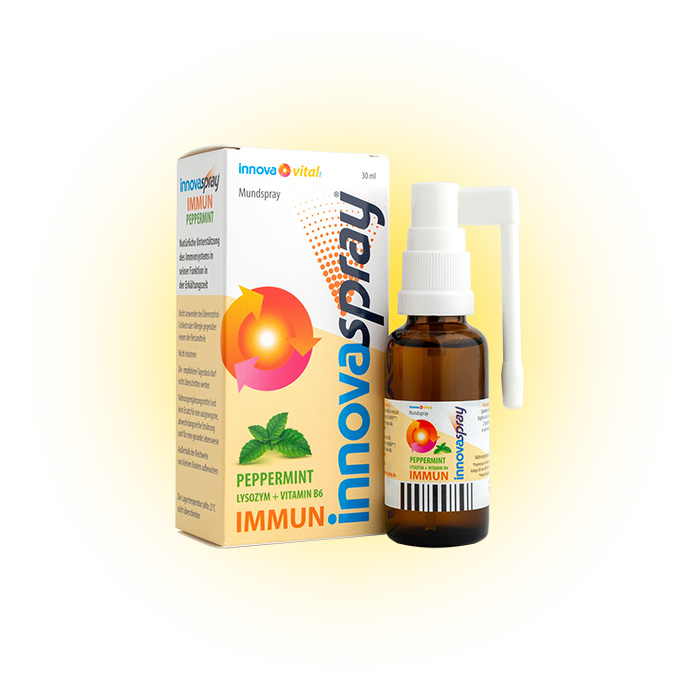Not all fat is the same
Additional to carbohydrates and proteins, fats play an important role in our everyday diet. The most important component of dietary fat is fatty acids. Those can be either saturated, monounsaturated or polyunsaturated. Dietary fats are mostly extracted from meat fat, milk fat, grain seed oils and some traditional seed oils (soy, sunflower, peanut).
Given the fact that saturated fatty acids can be produced by the human body, the amount of saturated fatty acids consumed with food should be as low as possible. After all, they are suspected to be a contributing cause for severe diseases (cardiovascular diseases, asthma, neurodermatitis, articular rheumatism, etc.) This is different with the monounsaturated and polyunsaturated fatty acids. They cannot be produced by the human body and are therefore essential acids, i.e. they have to be regularly consumed with food. Omega-3 and omega-6 fatty acids are such essential acids which fulfil special tasks in the human body. Both types of fatty acids are needed in the human body. Omega-6 fatty acids (e.g. arachidonic acids) are used by the body to produce pro-inflammatory substances. Whereas omega-3 fatty acids (e.g. eicosapentaenoic acids = EPA) are used to create anti-inflammatory substances. Due to their similar chemical structure both types of fatty acids (EPA and arachidonic acids) compete for the integration in cell membranes in the body. The more EPA there is in the human body, the better people with chronic rheumatic inflammations can meet their increased demand for EPA.
Since today's dietary standards might lead to an oversupply of omega-6 fatty acids (e.g. from fatty meat) it can be expected that people suffering from chronic-rheumatic inflammations have an increased demand for omega-3 fatty acids. That is why it is important to ensure that the relation between omega-3 and omega-6 fatty acids in our diet is well-balanced.
In order to re-establish that balance, our everyday diet should be richer in omega-3 fatty acids. Fats and oils from sea fish (salmon, codfish or mackerel) are particularly good for that. Other micronutrients such as antioxidants are also important factors for a valuable "diet for the joints".
